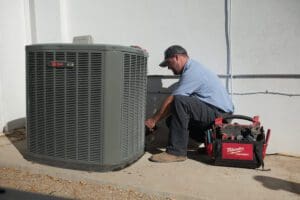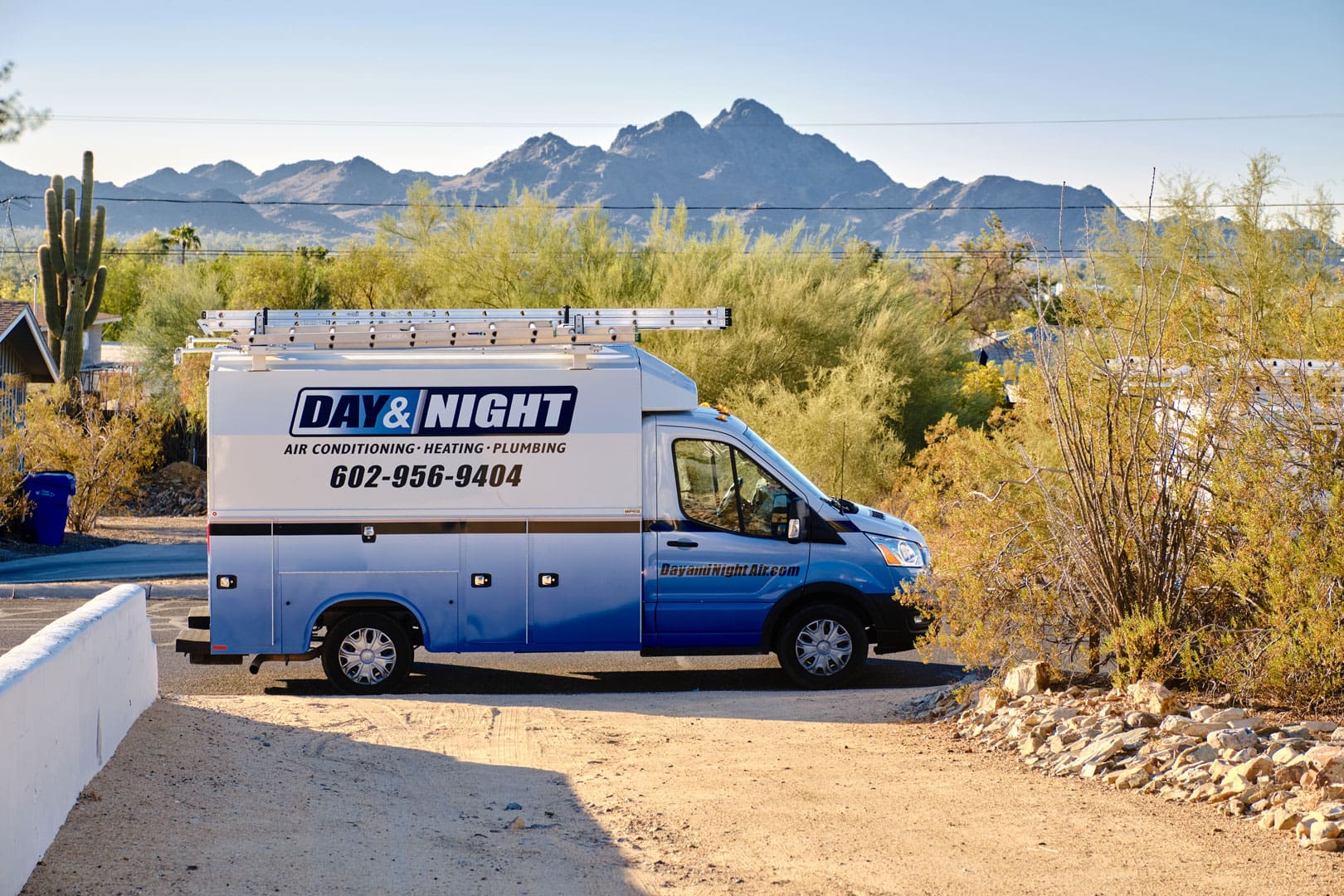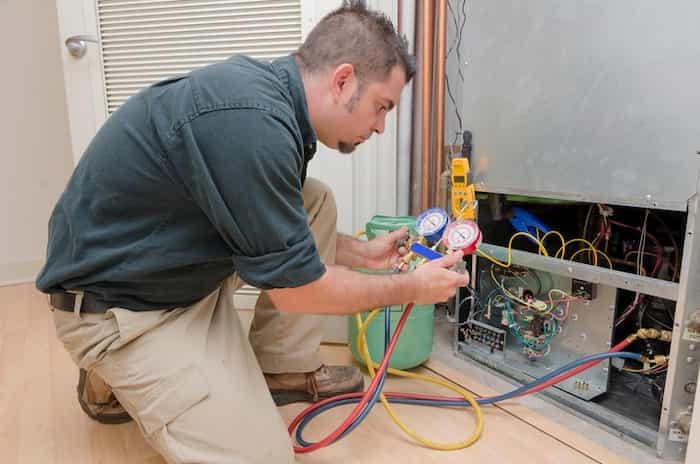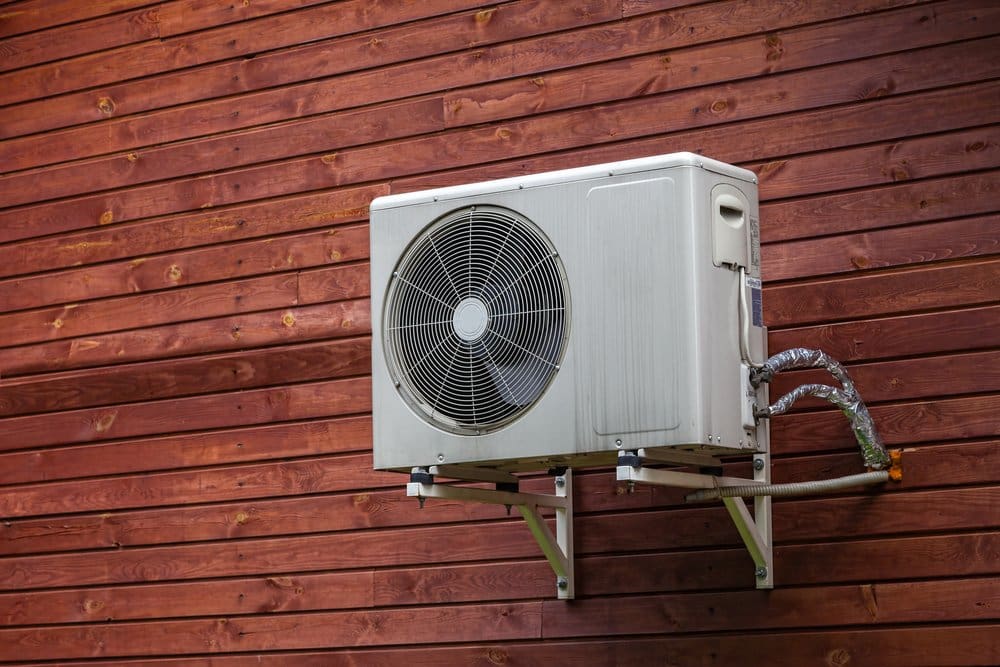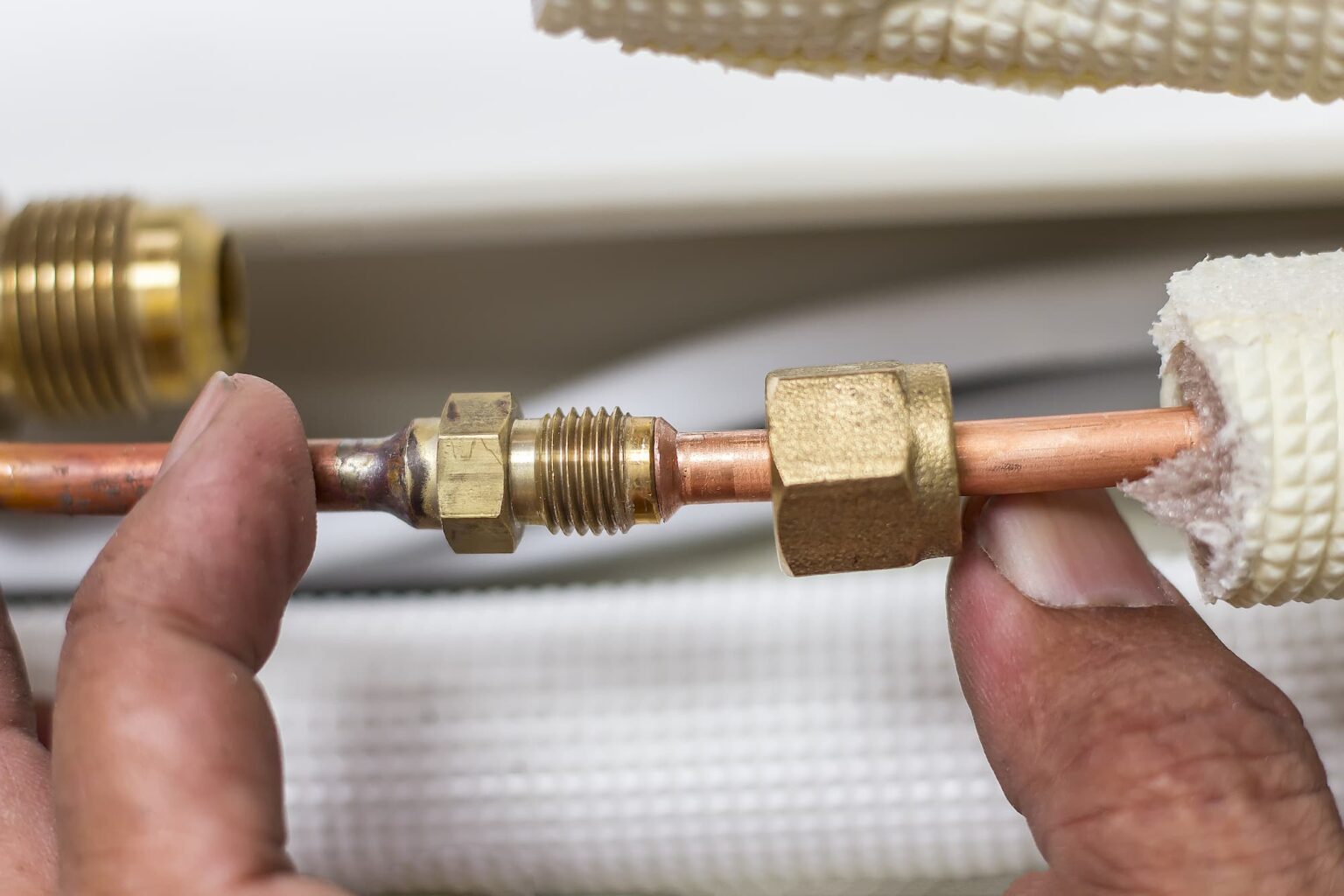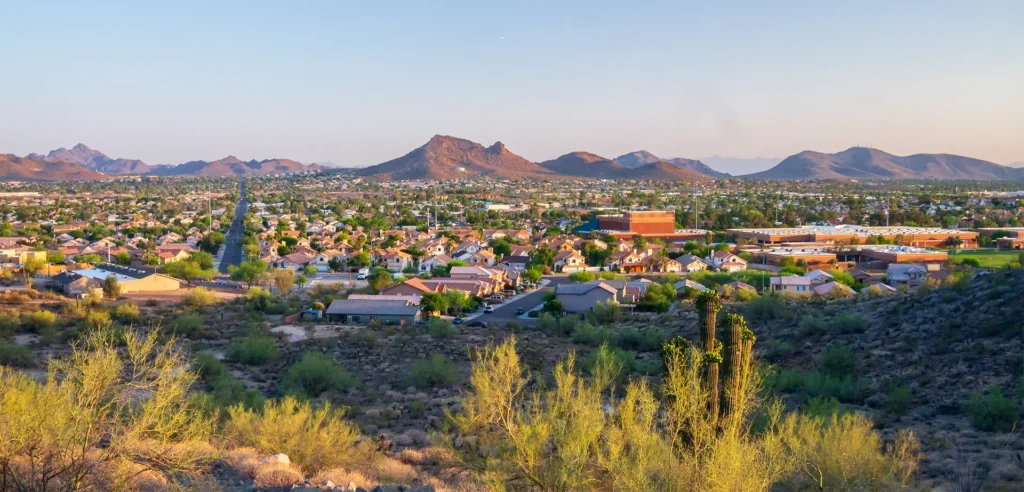What You’ll Learn
As you read about how to prevent clogged drains, you’ll learn:
- There are multiple preventative measures you can take to avoid blocked drains, and there are certain items that should never go down the drain.
- Getting preventative maintenance from an experienced plumber in Phoenix on a regular basis is one of the top habits for preventing clogged drains.
- While preventing clogged drains in the first place is ideal, it’s critical to take immediate action in the event that they do get backed up.
How to Prevent and Clear Clogged Drains
Dealing with a clogged drain is a huge pain, so it’s far better to take preventative measures that will prevent problems from coming up in the first place. There are numerous ways to go about this, including getting preventative maintenance from an experienced plumber on a regular schedule.
Sometimes, though, what you don’t do is just as important as what you do. Here’s a look at what you should do and what you should avoid when it comes to preventing clogged drains.
For Sinks Without Disposals
It’s important to be especially careful with sinks that don’t have disposals in them. Since there’s nothing to grind up any large chunks that go down the drain, it’s up to you to avoid letting anything get into your pipes.
That means you should never throw food waste or anything else into this type of drain. We might even avoid washing your hands in this kind of sink when you are especially dirty and there could be large chunks of mud or other debris going into the sink.
For Sinks With Disposals
Sinks with disposals, such as the one you probably have in your kitchen, are a bit easier to manage. Even so, it’s normally considered best practice to use a drain strainer that will keep large food scraps out.
Just because your sink has a disposal for preventing clogged drains, it doesn’t necessarily mean you should put it to the test if you don’t have to. Of course, it is still ok that some food waste or other scraps will occasionally make their way into the sink.
To ensure that the disposal can dispose of this waste appropriately, run it regularly, preferably during or right after materials go in. Never run the disposal dry, though. We normally recommend running a steady stream of cold water from the faucet while your disposal is going. Hot (or even) boiling water is especially helpful after you run the disposal, too, because it can help remove grease, fat, or other similar substances that may be clinging to your drain, disposal, or pipes.
That’s important to know about because oils, grease, and gritty substances are dangerous for these types of sinks. The substances can cling to the inside of your disposal and the pipes below, building up over time until they create blockages. For that reason, there are some things that should never go into the drain, which we will list just below.
In the Bathroom
The bathroom sink doesn’t typically have a disposal, so it’s especially important to be mindful of what goes into it. Some face wash and similar products may contain oils that are bad for any kind of drain, so we normally recommend being careful about the types of products you use. Whenever possible, it’s also nice to avoid putting hair or especially large globs of toothpaste into the drain. Finally, make sure you never try to wash things away (even small pieces of trash or waste) by putting them in the bathroom sink.
Some Things Should Never Be Put Down the Drain
One of the best tips for preventing clogged drains is to avoid putting certain things into the sink. Some of those things include the following:
- Egg shells
- Grease
- Fat
- Oil
- Coffee grounds
- Banana peels
- Potato skins
- Anything else thick or sticky
On a similar note, it is important to rinse plates before they go into the dishwasher. Even if your dishwasher is attached to the disposal to deal with bigger pieces of waste, it doesn’t take much effort to rinse the plates first. This minimal effort can save you from a lot of problems. Large or frequent blockages could be a larger issue. Contact us for hydro jetting services.
Ignoring Blockages
Even if you’re careful about preventing clogged drains, it’s likely that you will have to deal with a problem at some point or another in your life. The trick is to respond quickly. As soon as you notice that you have a slow drain (that is, that it’s taking longer than usual to let the water out), it’s a sign that a blockage or clog is developing. If you can’t take care of this quickly by yourself, call a professional plumber for drain cleaning services.
Drain Maintenance Ideas and Tips
In addition to the above, here are some quick tips to follow when you’re focused on preventing drain blockages:
- Pour hot or boiling water down your drains on occasion. This will help loosen up things like grease and oil. Just be careful to pour slowly so you don’t splash and burn yourself.
- Clean your stoppers regularly. This will eliminate buildups of hair, soap scum, and other contaminants that could otherwise lead to blockages.
- It is best to avoid some of the popular drain cleaning products that rely on harsh chemicals to clean drains. The corrosive nature of these products can get rid of clogs, but they also corrode your pipes, which leads to even more severe problems in the long run. Instead, try a mixture of equal parts baking soda and vinegar, then rinse with hot water.
- Do not stick a wire hanger or anything similar into your drain while you’re trying to remove a blockage. This can damage your drain or pipes, and it isn’t even an especially effective way to remove clogs in most cases.
- Get in the habit of cleaning your sink on a regular basis. If you can prevent small scraps, gunk, and hair from accumulating in your sink, there will be fewer contaminants getting washed down your sink. It may be easier in the short run to wash all of those things down the sink, but it will cause you a lot more problems in the long run if you end up with a backed-up sink or expensive plumbing repairs.
- If you’re not successful at preventing clogged drains, don’t hesitate to contact an experienced plumber. In some cases, you might do more harm than good if you try to do everything by yourself or hire a cheap contractor who does a rushed job.
Drain Cleaning Service in Phoenix
Here at Day & Night Air Conditioning, Heating, and Plumbing, we are a full-service drain company. As your Phoenix-based plumbing company, we have a lot of experience serving residents of Maricopa County and the surrounding areas. Our experienced plumbers are knowledgeable, skilled, and friendly. They’ve seen just about everything, so they know how to fix it all.
That means we can handle everything from preventative drain maintenance to more serious repairs. Contact us for any type of drain service –we’ll respond quickly, work effectively, and get things running smoothly in your home again as soon as possible. We’re open 7 days a week and you can schedule online at your convenience.
Featured Image: ReaLiia/Shutterstock

